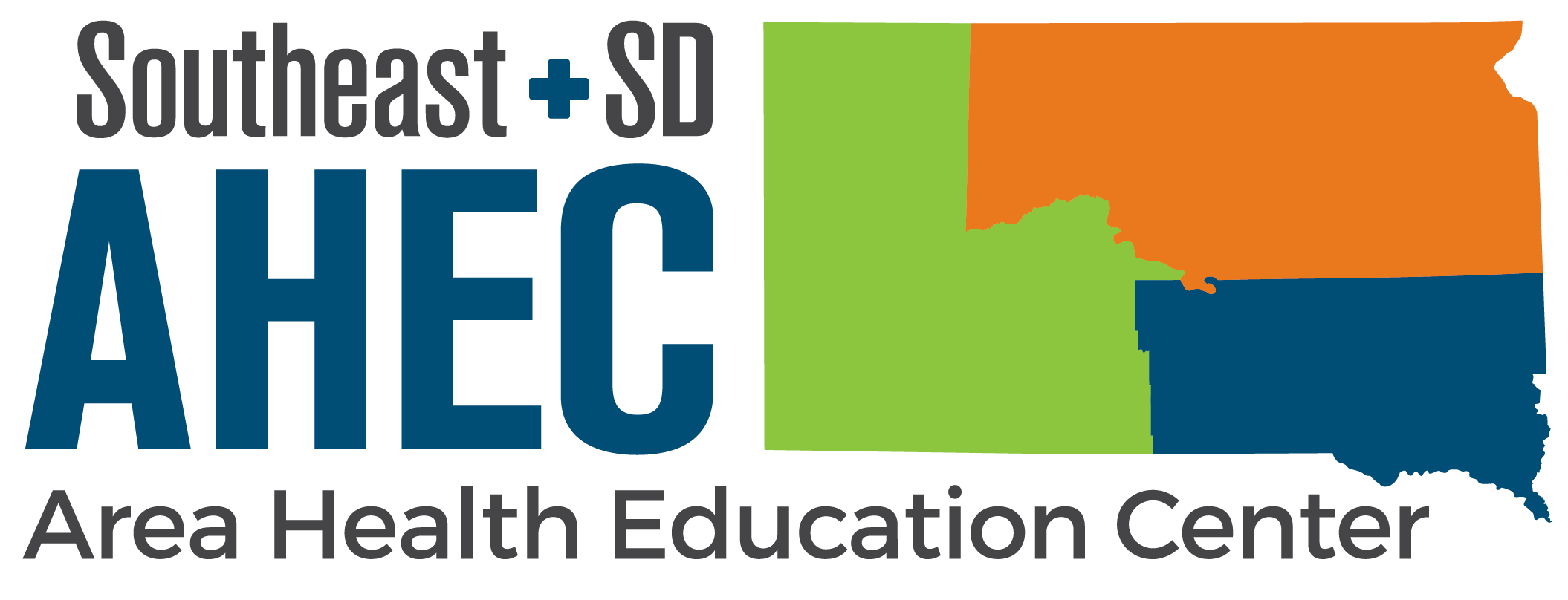My time at Fall Rivers Health Services in REHPS would be considered fulfilling if expectations are met with experiences to fill out the former. I suspected I would get to follow along practitioners carrying out their specialty in a discrete fashion, working on their piece of the jigsaw puzzle regarding a patient’s health profile. At least this is how I have seen medicine practiced in facilities of a moderate to large census. Of course, this is unsurprising, as the education system producing healthcare providers has long since turned toward hyper-specialization among domains of medicine as a means to advance the science. However, I noticed Fall Rivers contributing to their community in a unique way that surprised me, and later exceeded my expectations—I came to understand how rural healthcare has the potential to be different in a positive direction.
This realization revolves around interdisciplinary care that views the patient as the potential to be a completed puzzle. In operational terms, this means practitioners are communicating across disciplines to provide high-level care to the Hot Springs community. I found myself listening in on conversations between behavioral health and general practitioners discussing interactions between medications, physical ailments, and psychosocial factors. An example that stuck with me was the discussion as to whether a resident in a long-term care facility should be treated with an SSRI for depression. The medical perspective considered the case clear to introduce medication, after all the resident presented with a depressed mood, flat affect, withdrawn behaviors, and a general lack of motivation. This case, however, is not so clear. Imagine over the course of a few years your life drastically changes as a series of illnesses strip you from the home you once knew as you are shipped to a facility, you’re supposed to call home. You are left more physically debilitated than ever before and you are in a new environment where there are rules to follow, a lack of privacy, new routines, and bingo is your prescribed activity to keep busy. I think I too would withdraw and lose motivation to do much of anything. It was a case similar to this in which a psychologist keen to a broad perspective, viewing the entirety of the puzzle, got to know the resident. The resident, whose eyes had gone, was offered the bible they once enjoyed on audio instead of moving forward with medication administration. This did just enough to curb the worst of depression so that the resident could live on with something to enjoy from the world they once knew. I doubt anything could be done to “cure” this resident of their depression as the environmental pull toward a depressed state was strong, but in this case an interdisciplinary conversation led to high level patient care. And if I am to leave this rural healthcare setting with something to offer, it will be a holistic patient perspective and an ease to go about cross-discipline communication.
It is amazing how the REHPS experience has already come to an end. Fall Rivers Health Services did very well to pack in a great amount of interdisciplinary experiences over the course of 4 weeks. And the evenings were nevertheless chock-full of exploration as well. A typical day might include shadowing a surgical operation in the morning, administering neuropsychological assessments in the afternoon, exploring the foothills of Custer State Park in the evening, all before settling into the hot tub to decompress from the adventures as the sun set. In the most general sense, I’ve come to realize the beauty in rural South Dakota, from the people in the community to the landscape they hold prize. Fall River Health Services is an integral part of the local community’s health, economy, and sense of meaning; these medical professionals have a laser-focus on quality, patient focused healthcare for the whole person.
From the perspective of my field of study in clinical psychology, I was involved in mental health related rounds, neuropsychological and cognitive testing, intelligence and achievement testing, personality assessments, and psychiatric interviewing. I was given many opportunities to administer, score, and write reports on psychological tests as well as sitting down with patients to discuss their results. Meeting with a diverse range of patients from children to the elderly was an insightful experience that will inform my clinical skills moving forward.
Outside of my field of study, I had the chance to shadow emergency medicine, long-term care, veteran health services, surgery, and even a veterinarian—it turns out a few cattle were mysteriously dying on a ranch, while our necropsy revealed a bacterial pneumonia as the culprit—in all, providing a nice overview of the medical gamut in Hot Springs. On average my day was split between psych and interdisciplinary hours.
Anyone looking to expand their awareness of medicine as a system of interconnected providers should look to REHPS for such exposure. The experience has improved my clinical insight in addition to equipping me with communication skills to talk across disciplines in the best interest of our patients.
